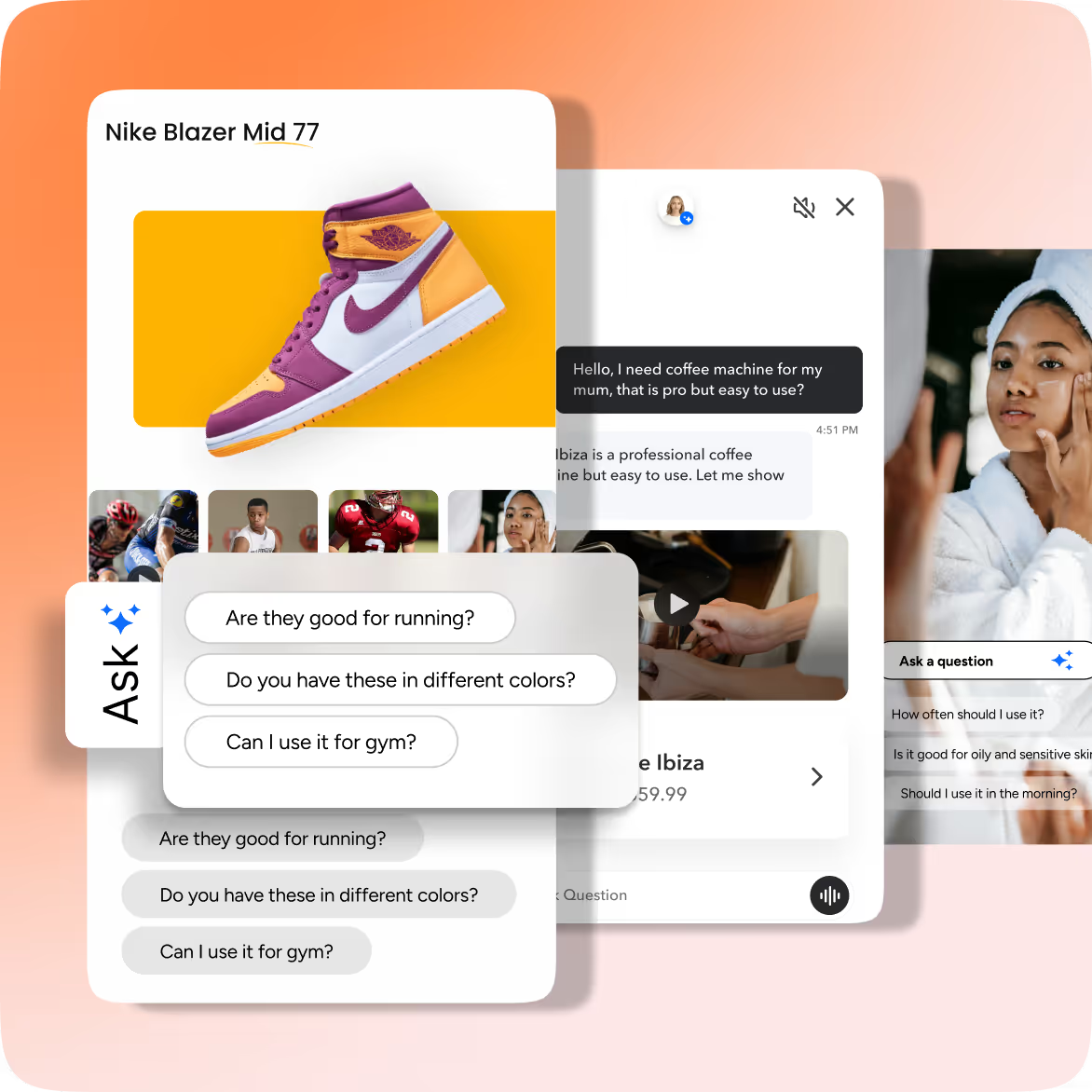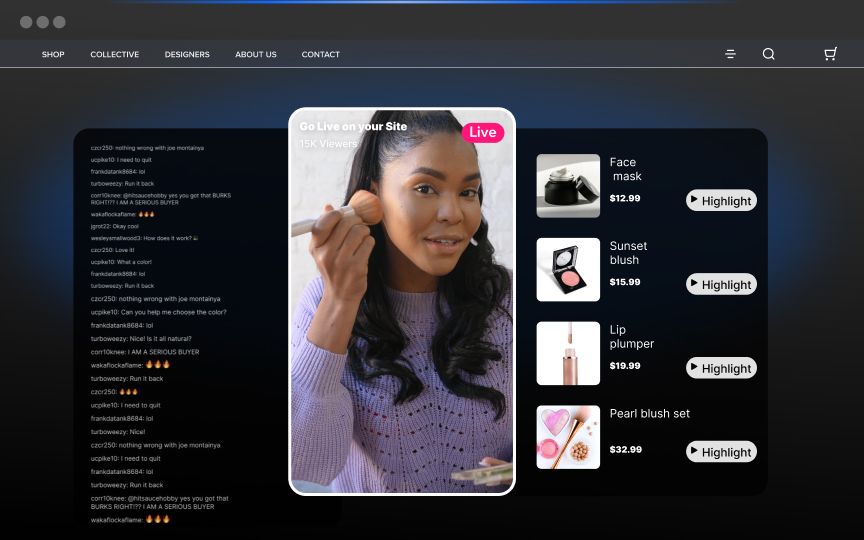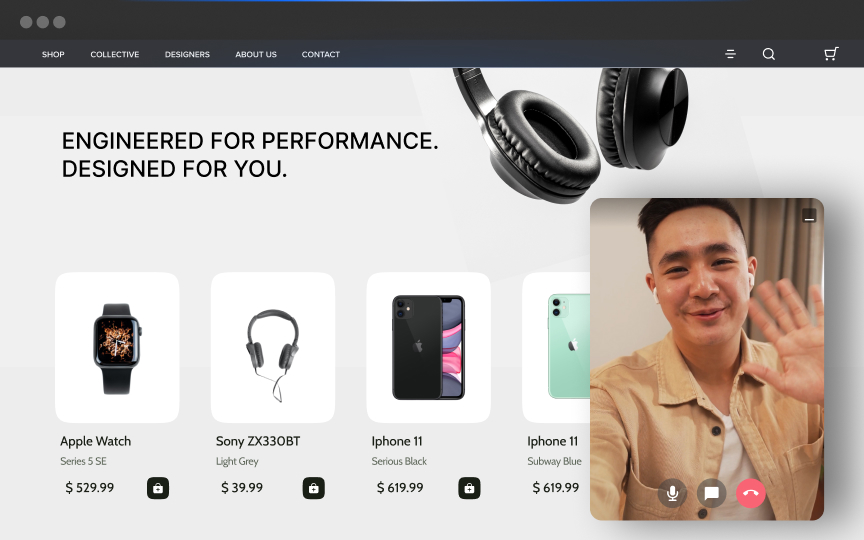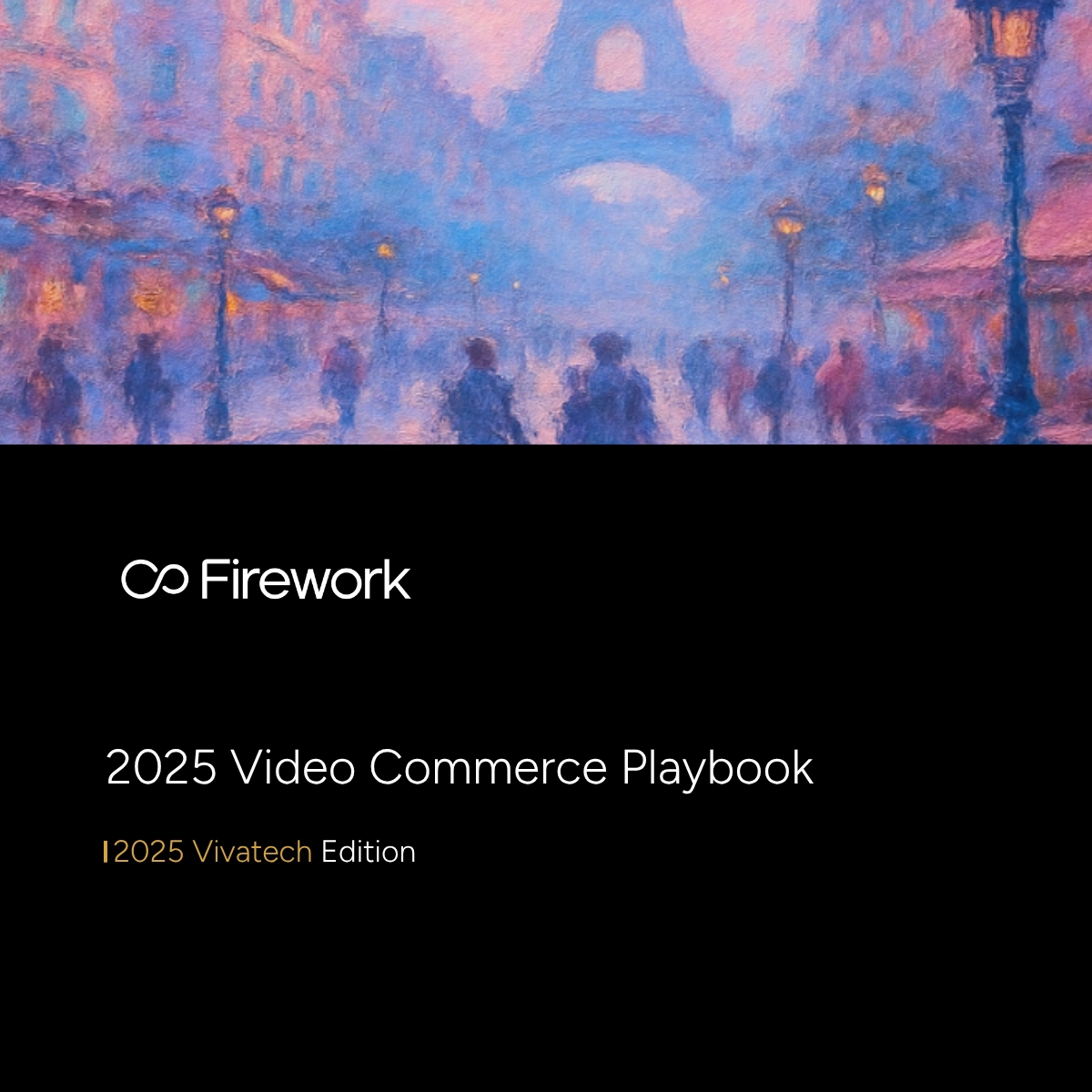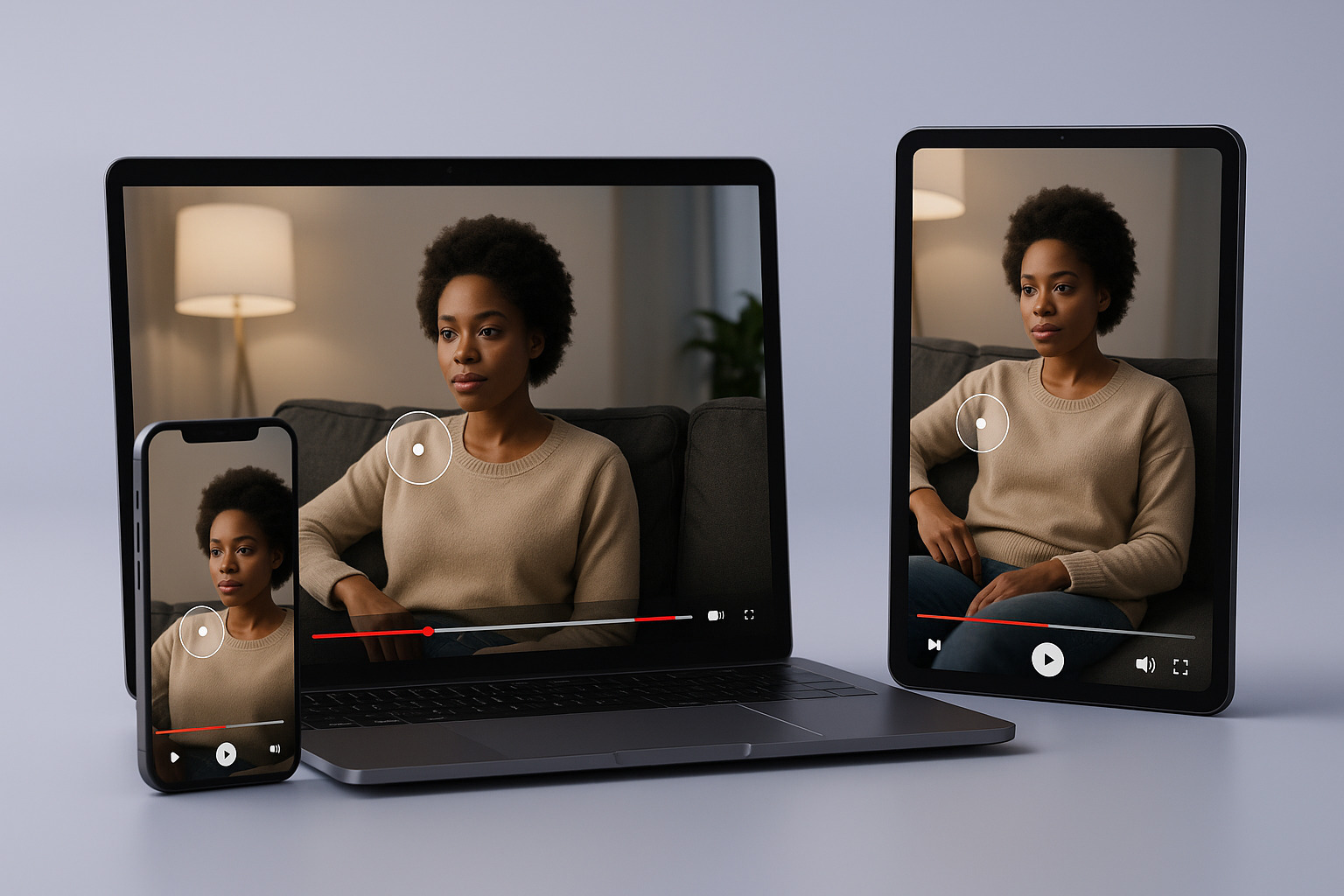In today's digital age, brands are finding innovative ways to engage with their audience. Leveraging live shopping with influencers has emerged as a powerful strategy to boost sales and enhance customer interaction. By showcasing products in real-time through platforms like TikTok or Amazon, brands can create a dynamic shopping experience that captures attention and drives immediate purchases.Live shopping provides a unique opportunity for brands to connect with consumers on a personal level. Influencers play a crucial role in this process by hosting live streams that showcase products, answer questions, and provide authentic reviews. For example, brands like Nykaa have successfully used live shopping to launch new products and engage with their audience directly.This interactive form of shopping not only enhances the customer experience but also helps in building trust and loyalty. By integrating influencers into their live shopping efforts, brands can tap into their follower base, thereby reaching a wider audience. Learn more about how to sell more with influencer-powered livestream shopping.
Key Takeaways
- Influencer-led live shopping boosts customer engagement and sales.
- Real-time interaction during live streams builds trust and loyalty.
- Brands can reach wider audiences by partnering with influencers.
What Is Live Shopping?
Live shopping is a way for brands to sell products through real-time video events. During these events, a host, such as an influencer or expert, showcases items and interacts with the audience.This method has gained popularity, especially in fashion and beauty industries. Viewers can watch, ask questions, and purchase products directly during the livestream.The trend began in China and has rapidly spread to North America. Platforms like TalkShopLive and Popshop Live are leading the way in offering these engaging shopping experiences.Some common features of live shopping include:
- Real-time interaction: Viewers can ask questions and receive instant answers.
- Influencer hosts: Popular creators attract larger audiences.
- Immediate purchasing: Products can be bought while the live event is ongoing.
The rise of live shopping has transformed how brands connect with consumers, making shopping more interactive and entertaining.By leveraging livestream shopping, brands can better engage with their customers and drive sales more effectively. This approach has proven particularly successful for clothing and beauty products, drawing significant interest and participation.
How Are Brands Leveraging Live Shopping?
Brands are using live shopping to engage with customers in real-time. They often collaborate with influencers who can attract and engage their followers. This boosts visibility and creates a dynamic shopping experience.Product demonstrations are a key part of live shopping. Influencers show how products work, making it easier for consumers to see the benefits. This method helps small businesses and retailers too.Storytelling plays an important role in creating connection. Influencers share their personal experiences with products, making the shopping experience more relatable and fun. This approach increases customer engagement and loyalty.Offering exclusive discounts during live events is another strategy. Limited-time offers prompt viewers to make immediate purchases, thereby boosting sales.Brands leverage live shopping to raise brand awareness. It's a powerful way to reach more people and increase overall brand visibility. Hosting these events on social media platforms like TikTok or Instagram expands the audience even further.Using interactive features, like live polls and Q&A sessions, keeps the audience engaged. These interactive elements also provide immediate feedback and insights on customer preferences.Integrating live shopping into overall marketing strategies helps brands build stronger relationships with their customers. This method combines direct communications with the fun and immersive elements of live video.For more examples and case studies, check out how brands consider live-shopping.
What Role Do Influencers Play In Live Shopping?
Influencers have a significant impact on live shopping by boosting sales and fostering trust between brands and consumers. Their role involves selecting the right influencers and benefiting from these partnerships.
How Do Brands Select The Right Influencers?
Brands must carefully select influencers to ensure successful live shopping events. They often consider several factors such as the influencer's follower count, engagement rate, and alignment with the brand's values.
- Reputation: The chosen influencers should have a strong reputation and a loyal following. This helps in building trust among viewers.
- Audience: It's important that the influencer’s audience matches the brand's target demographic.
- Content: The influencer's content style should be compatible with the brand’s message. This ensures that the promotional content feels natural and genuine.
Brands can use platforms like the Influencer Marketing Factory to identify and collaborate with suitable influencers. Using nano-influencers or key opinion leaders can also be effective, depending on the campaign goals.
What Are The Benefits Of Partnering With Influencers?
Partnering with influencers provides several advantages that amplify live shopping efforts. These include increased reach, higher engagement, and authentic product recommendations.
- Trust and Credibility: Influencers have built trust with their followers. Their endorsements often feel more credible than traditional ads.
- Engagement: Live shopping events featuring influencers usually see higher viewer participation, thanks to real-time interactions such as Q&A sessions and live contests.
- Increased Sales: Influencers can drive more sales by demonstrating product use and sharing personal recommendations.
Influencers can also adapt quickly to consumer feedback, making live shopping events more interactive and engaging. For more insights, check out how brands are leveraging influencer marketing for successful livestream shopping.Incorporating these strategies ensures that partnering with influencers yields significant returns for brands.
How Can Live Shopping Improve Online Store Metrics?
Live shopping can boost online store performance by improving engagement, real-time interaction, and conversion rates. This creates a more interactive and seamless shopping experience, as well as a sense of urgency for purchasing decisions.
What Metrics Should Be Monitored?
Key metrics to monitor include the conversion rate, engagement rate, and real-time feedback. The conversion rate measures how many viewers are making purchases during the live event. An increase here indicates successful influence on purchasing decisions.Engagement rate shows how actively viewers participate in the live shopping experience. Higher engagement—through comments, likes, and shares—reflects better audience interaction. Monitoring real-time feedback helps brands understand customer sentiment immediately. This feedback can be pivotal for adjusting live shopping strategies on-the-fly.
How To Optimize Live Shopping For Better Engagement?
To boost engagement, brands should focus on interactive elements like Q&A sessions, polls, and contests. Making the experience interactive encourages viewers to participate actively. Using visually appealing video content also adds a layer of excitement to the shopping experience.Creating a sense of urgency through limited-time offers can lead to quicker conversion rates. Brands can integrate features that allow seamless purchasing directly from the live stream. Additionally, real-time interaction by acknowledging viewer comments can make the experience more personal and build a stronger community.Leveraging the right social platforms for live shopping will also aid in reaching wider audiences. Integrate easy-to-use shopping features for seamless transactions, aiding in both increasing sales and enhancing engagement.
What Are The Key Strategies For Implementing Live Shopping?
To implement live shopping successfully, brands need to engage in strategic planning, prepare thoroughly, and ensure they have the right technology in place. This will enhance the shopping experience and drive sales.
How To Prepare For A Live Shopping Event?
Preparation is critical for live shopping events. Brands must schedule the event at a time when their target audience is most active. They should promote the event across various channels like social media, email newsletters, and their website. Collaborating with influencers who align with the brand can significantly boost visibility.It's essential to plan the content carefully. This includes scripting key points, product demonstrations, and interactive segments like Q&A sessions. Brands should have backup plans for potential technical issues. A test run before the actual event helps identify and fix any problems.Offering exclusive deals or limited-time discounts can create urgency and drive more sales. Detailed analytics from past events can guide improvements and strategies for future events.
What Technical Requirements Are Needed?
Technology plays a crucial role in the success of a live shopping event. Brands need a reliable platform that supports live streaming with minimal delay. Integrating a secure payment gateway ensures smooth transactions. Platforms like Livescale offer both live streaming and payment solutions, making the process more seamless.High-quality camera and audio equipment are essential for a professional and engaging broadcast. Ensuring strong internet connectivity is vital to avoid interruptions. Brands should also implement interactive features like real-time chat and product links to keep viewers engaged.They need to have technical support on standby during the event to address any issues promptly. Investing in good technology may seem costly, but it ensures a smoother experience for both the brand and the customers. Adding a digital landscape element, such as augmented reality, can further enhance the viewer experience.
How To Measure Success Of Live Shopping Campaigns?
To evaluate the success of a live shopping campaign, brands need to utilize the right tools and methods to analyze the results effectively. Implementing these steps will help understand the campaign's impact on key metrics like revenue and ROI.
What Tools Can Be Used For Measurement?
Brands can use several tools to measure the success of live shopping campaigns. Analytics platforms like Google Analytics can track web traffic and user behavior. Social media analytics offered by platforms like Instagram and Facebook can measure engagement and reach. Additionally, e-commerce analytics tools like Shopify Analytics provide insights into sales data, conversion rates, and customer behavior.Coresight Research suggests that combining data from these tools can give a comprehensive view of campaign performance. Tools like Statista can provide additional industry benchmarks to see how a brand’s campaign stacks up against the competition.
How To Analyze The Results?
Analyzing results involves more than just looking at raw numbers. Key metrics like conversion rates, viewer engagement, and sales uplift should be evaluated. For instance, tracking how many viewers made a purchase during the live event versus afterward can provide insights into immediate impact.Reviewing ROI is essential to determine if the campaign boosted the bottom line. Brands can also collect customer feedback through surveys during the event to understand viewer satisfaction and identify areas for improvement. Utilizing comprehensive analytics from platforms like eMarketer can help identify trends and make data-driven decisions for future campaigns.Effective analysis helps fine-tune strategies, ensuring future live shopping events are even more successful in driving revenue and engagement.
Frequently Asked Questions
Brands are increasingly using live shopping events with influencers to boost engagement and drive sales. Here are some common questions and insights about this strategy.
What are the key benefits for brands using live shopping events with influencers?
Live shopping events create a real-time connection between brands and consumers. This direct interaction is beneficial in building trust and increasing sales. Additionally, leveraging platforms like TikTok and Instagram helps reach a younger audience such as Gen Z and Millennials.
How do influencers contribute to a brand's live shopping success?
Influencers bring their established follower base, credibility, and engaging content to the table. For example, a brand like Lancôme can benefit from an influencer's ability to showcase products effectively and answer real-time questions, making the shopping experience more interactive.
What strategies do brands employ to choose the right influencers for live shopping collaborations?
Brands often consider the influencer's relevance to their niche and target audience. They may also look at engagement rates and past performance in live shopping events. Platforms like Pinterest and Facebook offer analytics to help in selecting influencers who can drive success.
In what ways can live shopping analytics improve future campaigns for brands?
Analytics provide valuable insights into viewer behavior, sales conversion rates, and engagement levels. By analyzing data, brands can fine-tune their strategies for upcoming campaigns, ensuring higher effectiveness and better ROI on platforms like Instagram and TikTok.
How do brands integrate live shopping with their overall e-commerce and marketing strategy?
Integrating live shopping involves syncing it with ongoing marketing efforts. Brands like Vans often promote live shopping events across multiple channels, including Instagram, Facebook, and their own websites, to create cohesive and coordinated campaigns.
What best practices do brands follow to enhance viewer engagement during live shopping events?
Brands engage viewers by interacting in real-time, answering questions, and addressing attendees by name. Utilizing gamification features and online polls, as seen in events by the Knix brand, helps keep the audience involved and interested throughout the event.
Unlock Exclusive Insights
By submitting this form, you agree to Firework's privacy policy and consent to receive personalized marketing communications. You can unsubscribe at any time.
